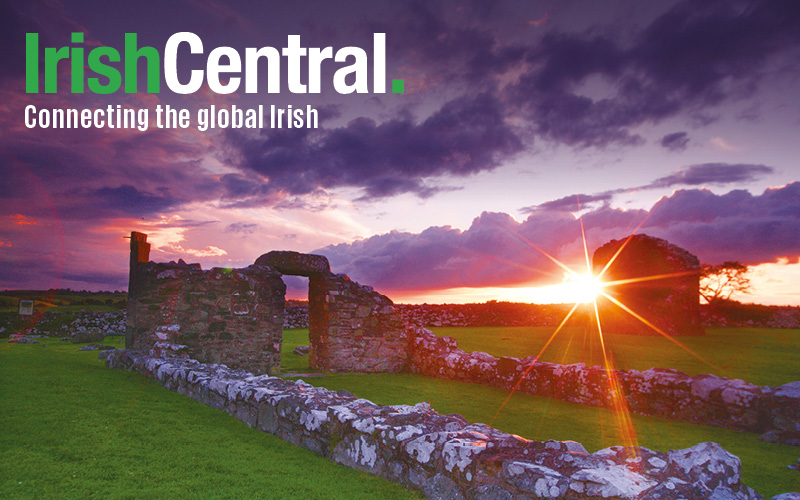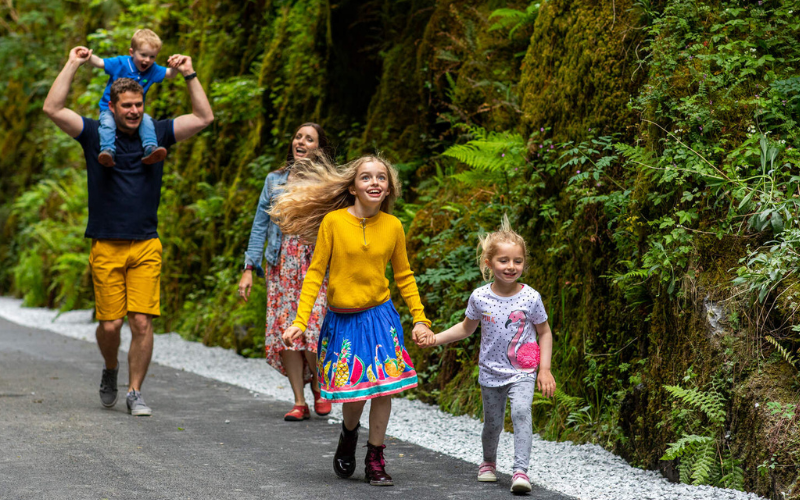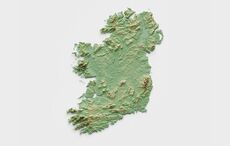Almost a quarter of children and young Irish people are concerned about the recession, describing it as the worst thing about living in Ireland, a new study shows.
Ahead of this weekend’s children’s referendum, the results of a nationwide study into the views of over 65,000 young people in Ireland were released on Wednesday.
Commissioned by the Department of Children, respondents aged four to 23 were asked three questions about an Irish childhood: What is the best thing about being a child in Ireland; what is the worst thing about being a child in Ireland; and what is the one thing you would change in Ireland that would make children happy?
According to the report, those surveyed see the recession as a major source of stress for their parents. They are also aware that their families have less money.
Some key findings of the reports show that children think that:
*The best things in Ireland were education (21 percent), sport (16 percent), friends (14 percent), and Irish identity (11 percent).
* The worst things were the Irish economy and finances (23 percent), weather (16 percent), education (14 percent), and anti-social behaviour and crime (10 percent).
* If they could, young people and children would change education (23 percent), followed by the economy and finances (17 percent), social problems (9 percent), and places to go (7 percent).
Launching the report on Wednesday, Frances Fitzgerald TD, Minister for Children stated: “This report documents the views of 66,705 children and young people and is the biggest public consultation with children and young people ever conducted in Ireland.”
“The last time such a consultation took place, back in 1999, ahead of preparations for the National Children’s Strategy, there were only 825 responses from children and young people. More remarkably, I note that there are over 4,000 schools in Ireland, and some 38% of these participated in the consultation.”
This Saturday a referendum concerning children's rights in Ireland is due to take place which proposes one new Article with four subsections, which affirms the rights of the child and allows the State in exceptional circumstances to take the place of parents, according to RTE News.
Fitzgerald launches report on consultation with 66,705 children and young people




Comments